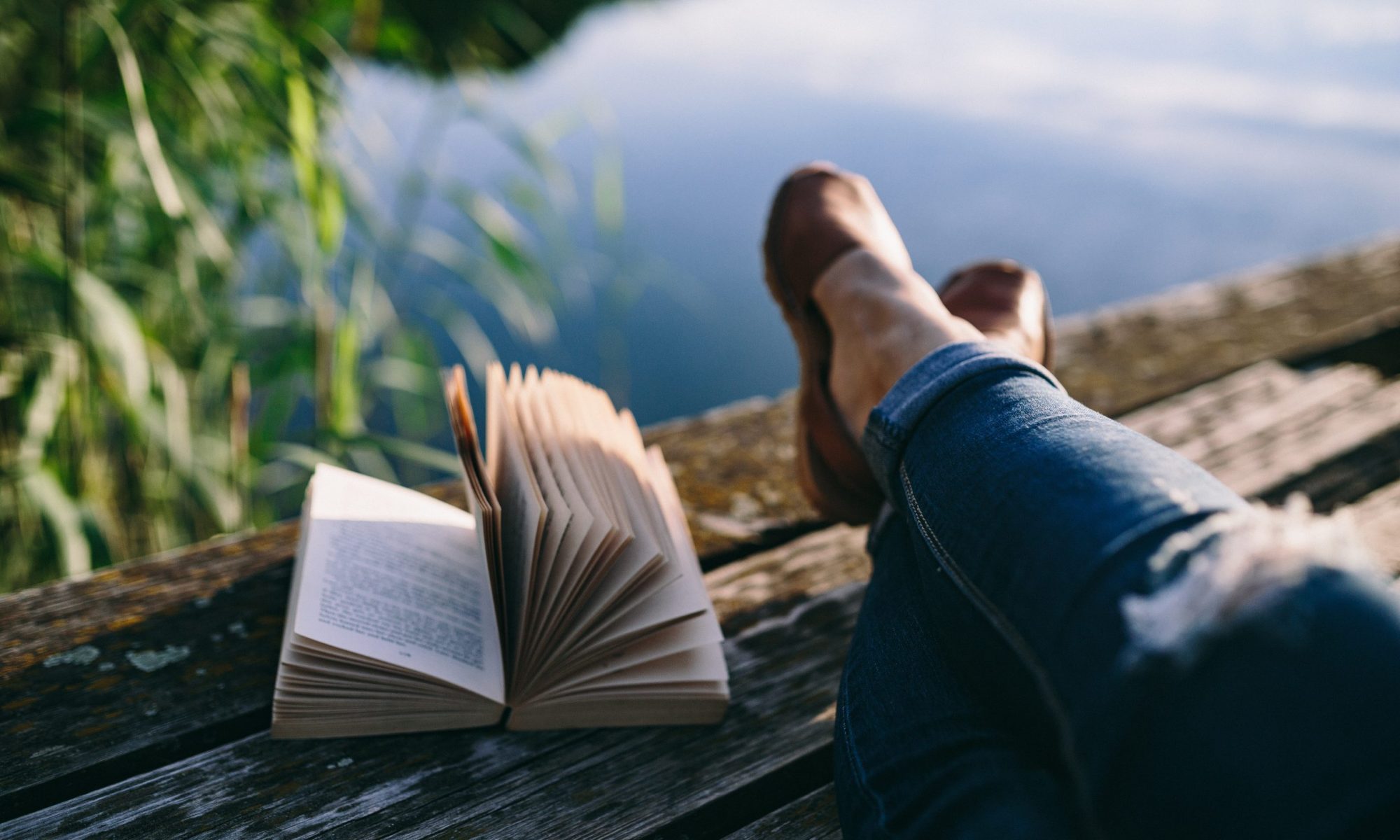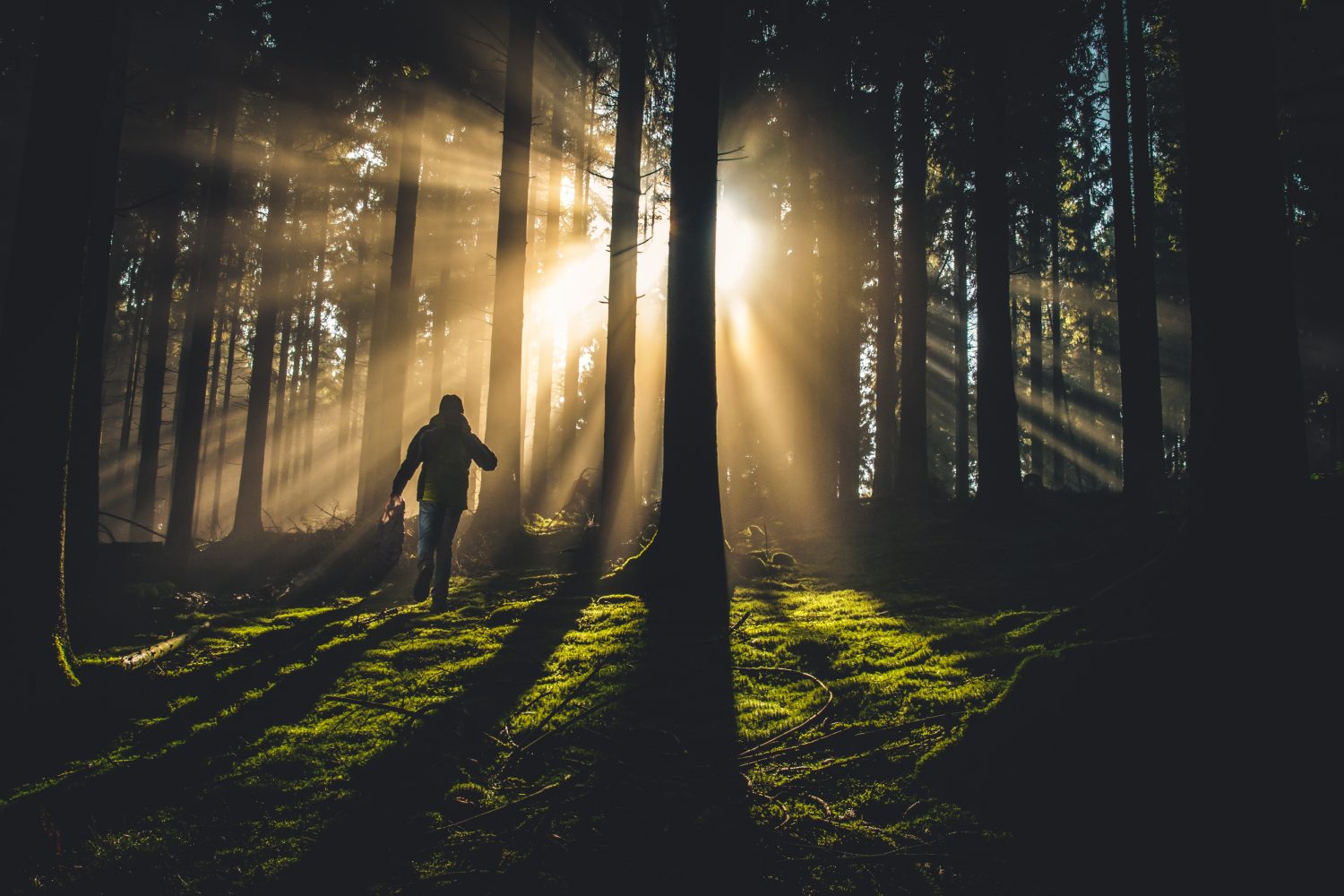
I can’t escape the things I can’t escape. After fifty years on this planet, I’m finally starting to get that. Or maybe it’s that I’ve learned how to discern between the things that appear to be inescapable and those that actually aren’t.
Example: Taxes. Non-negotiable, inescapable.
Another One: My demise. There will come a day when I leave this body, this earth, this life. No getting around that.
Beyond these two circumstances, what else is there beyond the purely physical? I can’t escape the fact that my eyesight isn’t what it was in my twenties, and that I can’t read without glasses. It isn’t possible to magically make my T12 vertebrae whole again after it was crushed in a bicycle accident nearly twenty years ago. I can’t live without water or food. Or love.
I consider most everything else totally escapable; the real question is what is it I feel the need to escape and why? And then, am I willing to do the work necessary to actually escape if that is truly warranted or, if it isn’t, to find a peaceful frequency within the situation in question?
This question of whether or not to escape has been with me for most of my life.
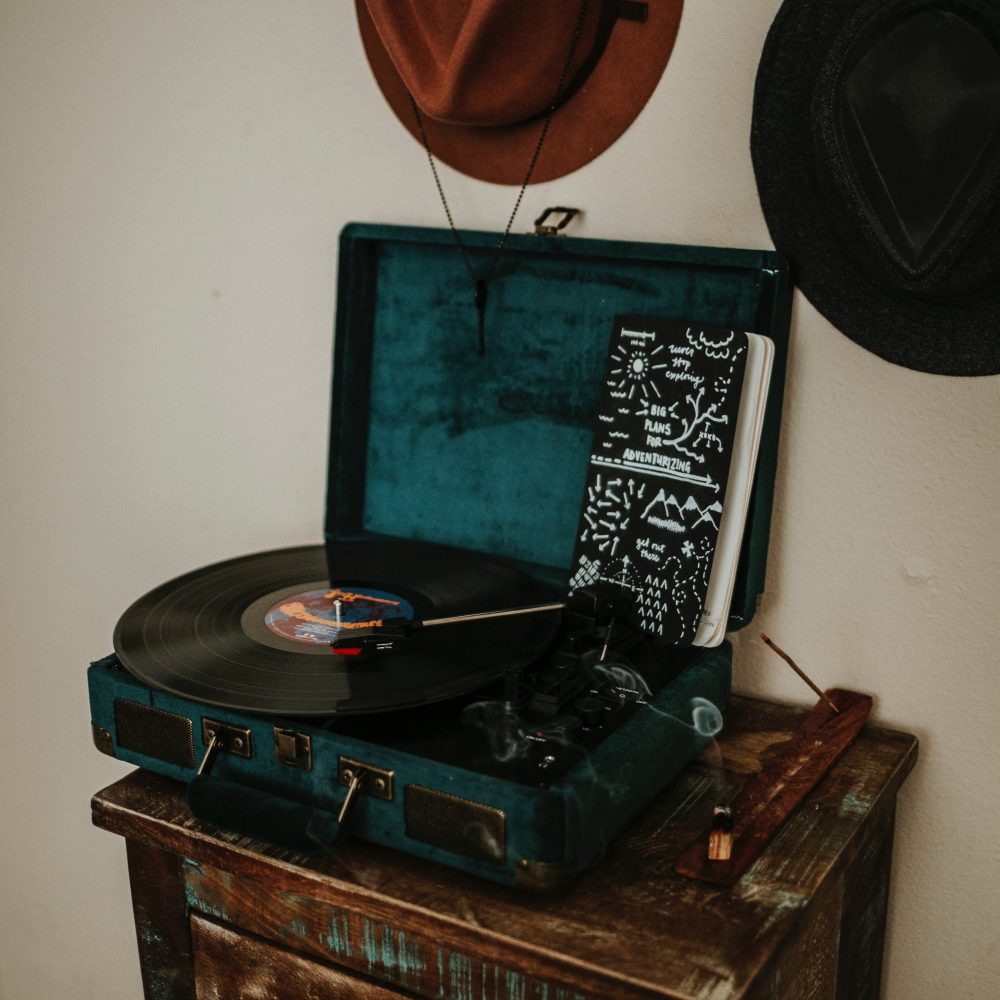
I decided at a fairly young age that striving to be somewhere other than I was would serve me well. Call this the result of generational family patterns, parental examples, and being an only child, which reinforced an independent streak my mom says I was born with. (In third grade, I loved nothing more than playing Billy Joel’s “My Life” at full volume on my portable record player.)
I embraced ideas of escapism as a way to cope with unsettling circumstances at home (news of my parents’ divorce was shared with me when I was eleven) and also to push myself to expand the dreams I had for myself. If something is good, I’d think, what can I do to make it great? Whatever the situation, it was usually driven by a longing to be somewhere other than where I was.
In many cases, especially as I started to make my way in the world after graduate school, this approach did serve me well. I built a business. I traveled all over the world. I wrote books and made art and even went swimming with sharks. As soon as I wrapped up one endeavor, I’d immediately set my sights on another. If I didn’t have a project with quantifiable goals in front of me I’d feel like I wasn’t really living.
In my late twenties and early thirties, when my escapist proclivities were at their peak (at the time, I’d call these tendencies pursuing ambitions and, with regard to more personal situations, setting boundaries), I appeared to be impressive, strong, and all together.
Beneath this, I had a life built on sand.
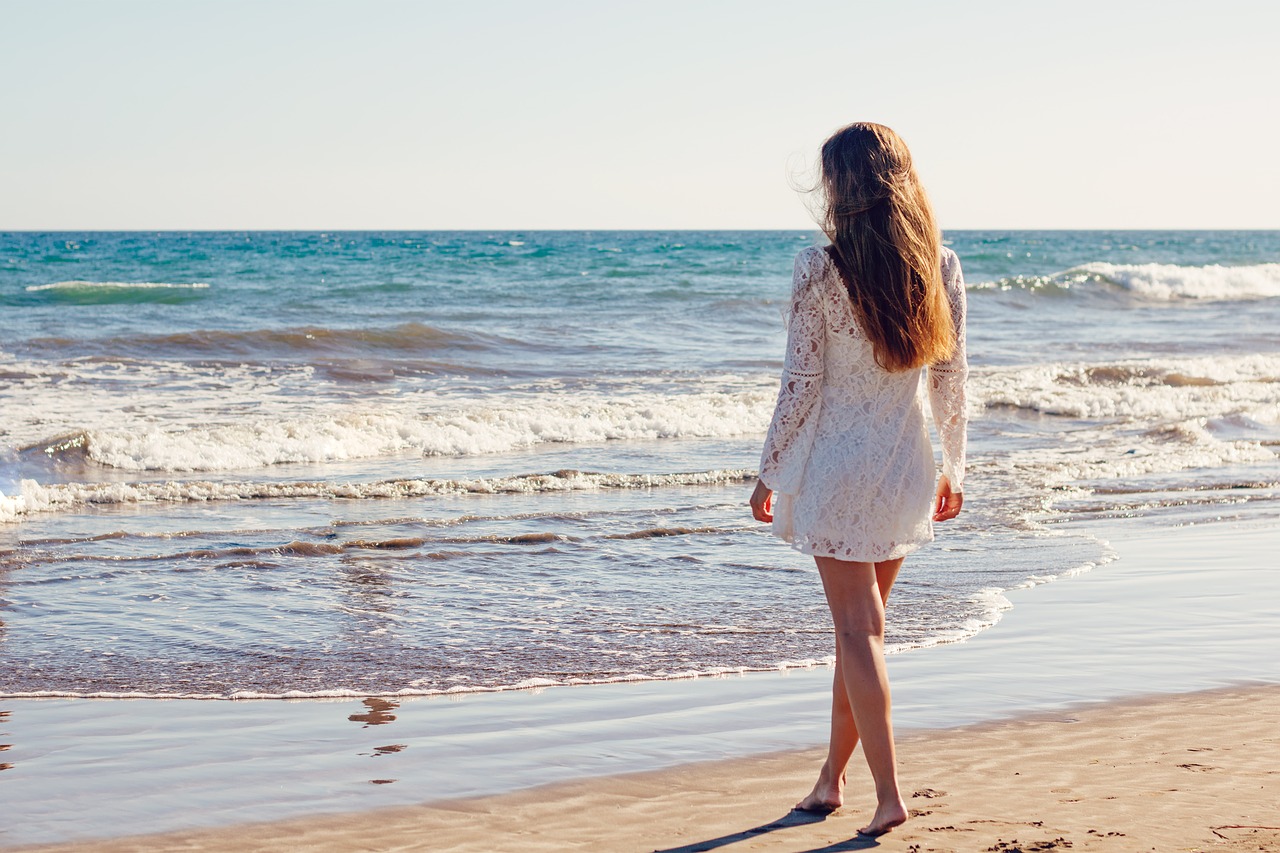
Until the day it all finally came crashing down and I had no choice but to stay exactly where I was—to not escape—and take a good, long look at all the ways my striving—to be successful, to be independent, to be “fully alive”—had, in the end, not served me well at all in the areas of my life that truly mattered.
That is the short version of a story I’ve shared at different times, in different ways, with varying levels of transparency as to the specifics of how my personal life crumbled like a sand castle. I’ve used words like leave, departure, abandon, close down, let go, and release, and they’ve all explained what I’m talking about. But there is, very often, a desperation in the idea of escape, and it is this sense of unfocused desperation that initiated my journey of discernment and kept it going all these years.
What I’ve had to learn—most especially as a wife and a member of my entire extended family—is the importance of making sure I’ve got it right when I feel the desire to escape curl around my ankles like a vine. After expending undue amounts of energy trying to escape one scenario after another for the first three decades or so of my life, I finally began to understand how devastating it can be to blindly obey the voice that says things like This is not good enough for you. You don’t need/want/deserve this. This is too hard. Get out. Go somewhere else. Run for your life.
Sometimes this voice needs to be heeded, other times not. Learning how to discern the difference has been my most important work—more than my work as an artist, a writer, a teacher, or any other professional title. Without these efforts I might still find a way to appear successful and content, but what joy is there in simply trying to maintain appearances? In learning the art of staying put, I opened myself up to more of life’s gifts than would ever had been possible if I’d continued down the path of departure.
About the Author: Christine Mason Miller
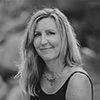 Christine Mason Miller is a writer and artist who lives in Milwaukee, Wisconsin with her husband and chocolate lab Tilda. Her forthcoming book, The Meandering River of Unfathomable Joy: Finding God and Gratitude in India, will be available later this fall.
Christine Mason Miller is a writer and artist who lives in Milwaukee, Wisconsin with her husband and chocolate lab Tilda. Her forthcoming book, The Meandering River of Unfathomable Joy: Finding God and Gratitude in India, will be available later this fall.
Keep up to date at www.christinemasonmiller.com.
